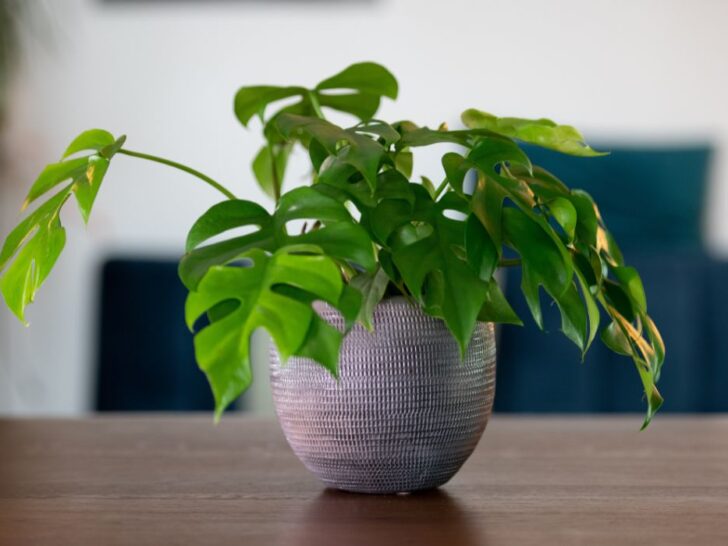11 UNEXPECTED AND LIFE-CHANGING BENEFITS OF MINIMALISM
As I’ve simplified my life over the years, I’ve discovered some unexpected and life-changing benefits of minimalism that reach way beyond just a clutter-free home. I’d like to share 11 of those benefits with you today to perhaps encourage you to explore the minimalist lifestyle for yourself.
WHY CHOOSE MINIMALISM?
The minimalist lifestyle is a full, rich and rewarding one and it’s given me huge benefits over the years. Benefits that have reached beyond just myself, but I think also to those around me – my family, my friends, my colleagues at work and hopefully those who read my little blog for inspiration to simplify life and make space for what matters.
The minimalist lifestyle isn’t for everyone and I know plenty of people who live with clutter and don’t have much of a problem with it (my husband may fall into this category!).
But, if you’re feeling out of sync with your life, unsettled, searching for more, frustrated, overwhelmed or fed up – then minimalism might be right for you.
WHAT IS MINIMALISM?
It may be better to start by saying what minimalism isn’t. It’s not about bare white walls, no furniture, never spending money and only living with what you can fit in a backpack.
Minimalism can be whatever you want it to be. The only guiding principle to my mind is that you consider what enters and takes up space in your life and intentionally keep out the things that distract and remove you from living that life.
It’s as open-ended as that. It’s not about being frugal, or limiting your possessions to a certain number, or getting rid of your TV. It can be if you want it to be, but I think for most of us that would be too restricting and extreme.
Instead, minimalism is about getting clear on what you want from life. As much as possible, make space in your home, schedule, heart and mind for the things that align with those wants. Not the things that shout loudest from your To Do list, your email inbox or the outside world.
In many respects, it’s going against the grain of what modern life encourages us to participate in. From every angle, we’re encouraged to DO more, ACHIEVE more, BUY more, BE more.
But more of all these things doesn’t always make us happier. It often just serves to fill up our diaries and our brains and contribute to more stress and overwhelm.
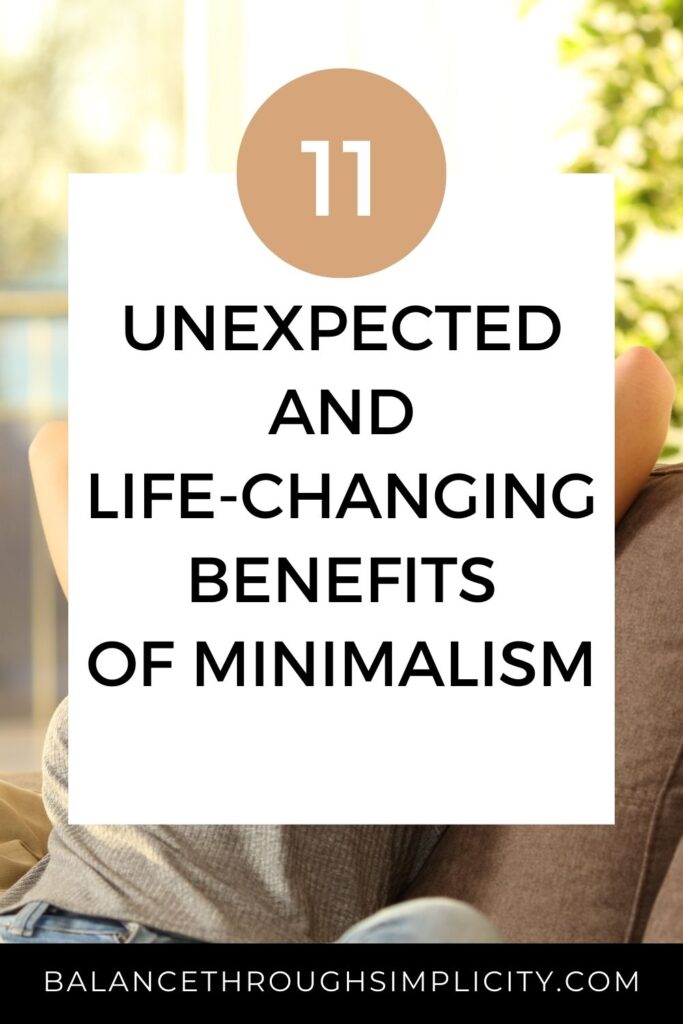
WHY TRY MINIMALISM FOR YOURSELF?
If you’re curious about the minimalist lifestyle for yourself, I’d like to share some of the unexpected and life-changing benefits that I’ve experienced.
I say unexpected, because I truly didn’t expect them when I began my first ever decluttering project – sorting through my wardrobe and getting rid of a few tops I never seemed to wear.
At the time, I hadn’t realised the benefits of this would be so far-reaching. If you’d like, read more about how I simplified my own life. I share my reasons for exploring simplicity and how I went about making small, but steady changes because of it.
I’m a working parent, juggling kids and a job, so my own minimalist lifestyle and choices might look a little different to yours. However, I believe that the end result that so many of us are seeking is the same. More time, more space, more freedom, more ease, less stress, less striving, less chasing and more fulfilment.
Shifting my mindset, choosing less not more and simplifying life (aka a minimalist lifestyle) are all wonderful ways of creating a little more balance in life.
11 UNEXPECTED AND LIFE-CHANGING BENEFITS OF MINIMALISM
Here are some of the benefits I’ve felt and maybe they resonate or appeal to you in some way?
1. Minimalism gives you more time
When I first explored simplifying and decluttering my life, the one thing that I wanted more than anything else was more time. More time for my family, more time for me and more time in my day that wasn’t dictated to by my To Do list or my busy life.
Knowing that I wanted more time helped me become brave enough to practice saying no, to postpone or cancel if I was too busy, to learn the value of slowing down and that success in my life wasn’t measured by how many social engagements I had in my diary.
I learnt to declutter my schedule and loved the look and feel of white space, without feeling the need to fill it with stuff that I didn’t really want to do. It made doing the things I had to do easier and less stressful because I wasn’t overbooked or overstretched.
If this sounds like something you might like, you might enjoy this article on how to create more time for what matters.
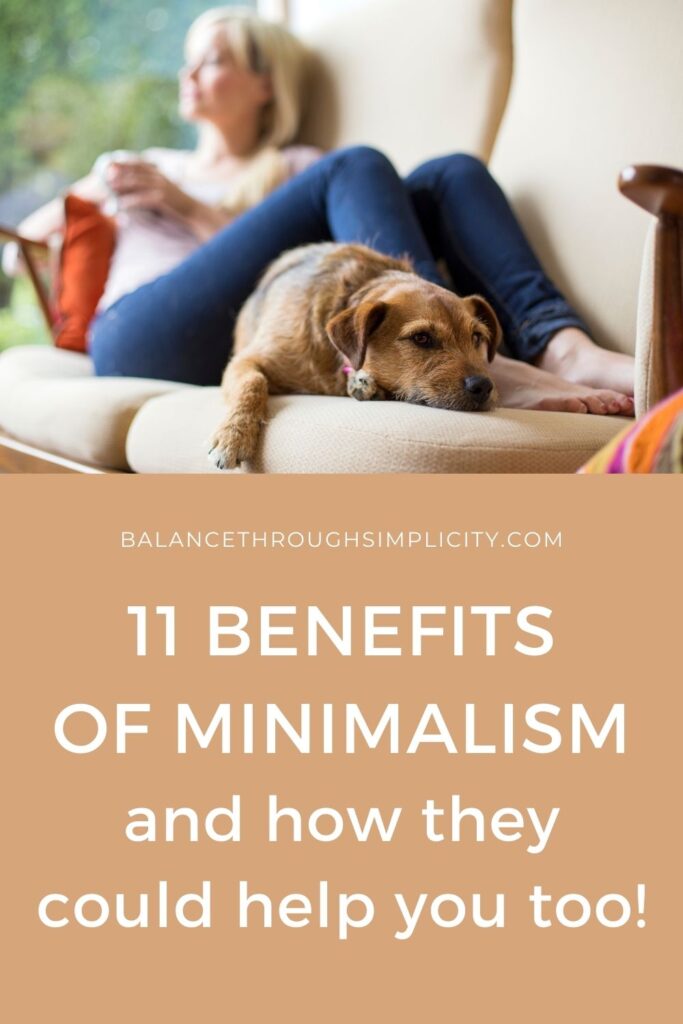
2. Minimalism gives you more space
Like the clutter in my schedule, the clutter in my home soon went. When I looked at it objectively, and made small baby steps to declutter my home, room by room, item by item, I was surprised at the sheer amount of stuff we’d accumulated over the years. Some of which we no longer used or even really liked any more.
All these things were costing me time to look after, move around, tidy up and clear away. They also cluttered my line of sight, distracted me from the things that I really did love in my home and made for a chaotic, messy home that was draining my time and energy trying to maintain.
A decluttered space is more inviting, more relaxing and calmer to be in. There is plenty of research to show the negative effects of clutter on our body and brain.
3. Minimalism gives you more ease
Less to do in my diary and in looking after my home bought about more ease. I created more free time, instead of rushing between A to B and catching up on housework and laundry in between.
This free time helped me become more laid back and relaxed, calmer and ready to go with the flow of the day, whatever that day might throw at me.
I wasn’t stretched as tight as an elastic band ready to snap when life pulled just that little bit harder.
My husband and kids said I was more fun, more positive and more present, instead of that shouty, tired parent that just wanted to get her kids into bed so she could drop into bed herself.
4. Minimalism gives you more freedom
With more ease in my life and in myself as a person, I leaned into the feeling of freedom. I was no longer tied to my overstretched life and overstuffed schedule and brain.
I could do things on a whim, explore experiences, seize opportunities. I was feeling more positive and up for a challenge and ready to give things a go, instead of feeling unsettled, upset, tired and worn down.
I gave myself latitude and flexibility to go with the flow and it made me happier, more confident and free of being tied to stuff.
Maybe you feel tied to your home, your responsibilities, worries, debt and more? Life certainly comes with its fair share of worries, but it comes with joy and happiness too. Freedom helps you find and make the most of these.
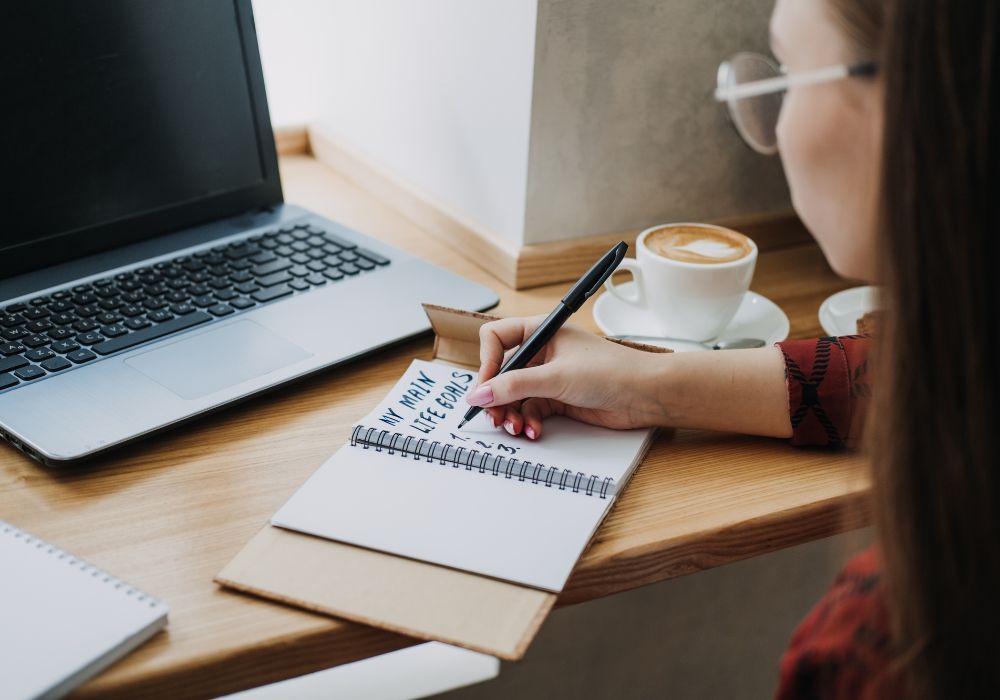
5. Minimalism can give you more direction in life
When you’re reflecting on what adds value to your life and, conversely, what clutters it, you’re instinctively also thinking about your priorities. Otherwise, how do you know what to keep and what to get rid of? Whether that’s a photo frame on your shelf or long-held desires to travel the world, questioning your priorities (and checking they’re still relevant) is a wonderful benefit of the minimalist lifestyle.
What starts out with decluttering your stuff, unexpectedly ends up with you listening to the inner you – what lifts you up, what makes your heart sing, what do you want more of in life, what do you want OUT of life – and ultimately, how are you going to get that?
The minimalist lifestyle gifts you more direction. Are you living on auto-pilot and going through the motions. Are you living a life that’s full of what you REALLY want or is it just cluttered by stuff from the outside world?
More time, space, ease and freedom helps you find more direction and listen to your heart and the inner you, not just your external environment.
You might enjoy this article on setting minimalist goals if you’re looking for more direction and focus in life.
6. Minimalism makes meal-planning and healthy eating easier
I decluttered my kitchen and created space on my countertops, drawers and cupboards.
This means I can easily find utensils and cookware, I can prepare food on the worksurface and it’s easy to clean afterwards. I have a more organised and tidy fridge, freezer and stock cupboards, filled with food that we eat regularly and doesn’t sit there forgotten about or pushed to the back. Less wasted food, less wasted money.
I can quickly and easily put ingredients together to cook healthy meals and snacks and know exactly what I’m running low on when I’m planning my next weekly shop. Minimalism has helped put the joy and fun back into my cooking and we eat more healthily too.
You can learn more about this in my article on how to simplify meal planning and meal prep.
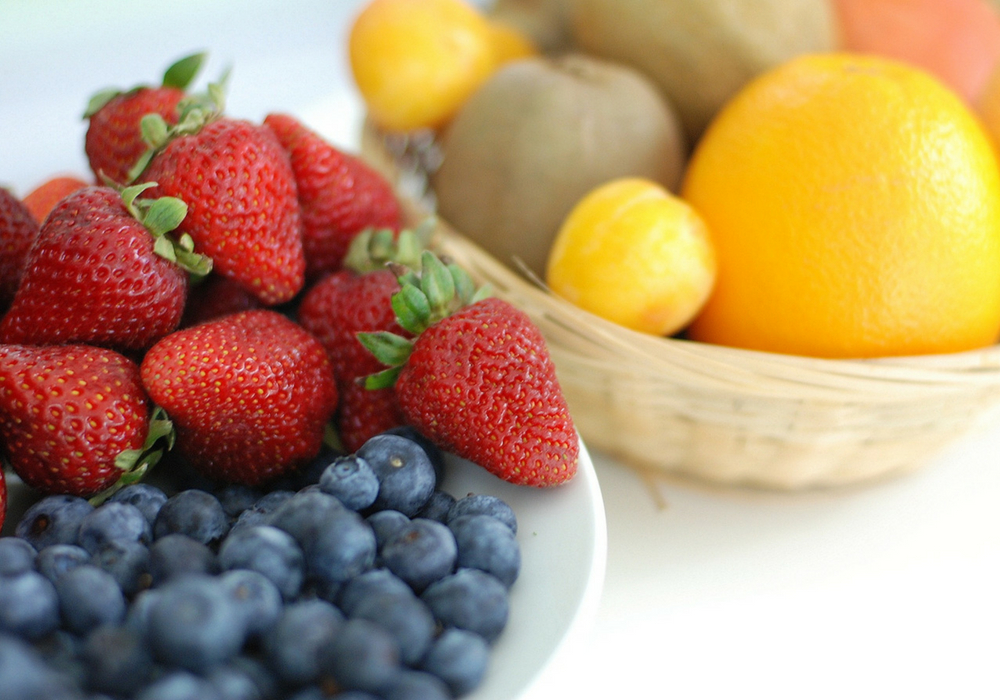
7. Minimalism encourages better self-care habits
My bedroom is clutter-free and minimal. Once upon a time it used to be a dumping ground for stuff that I didn’t know where else to put or store! But now it’s one of the first places that I suggest people declutter and focus their minimalist efforts.
Your bedroom is the first thing you see in the morning and the last thing you see at night so it’s a great place to have less clutter, few distractions and more relaxation. This means you can unwind and get ready for a good night’s sleep ready to restore and recharge you for the next morning.
Here are some tips on how to declutter your bedroom and why it matters.
Alongside better eating and sleep habits, another benefit of minimalism is to encourage and promote better self-care in general. With less in my schedule, more physical room at home and a focus on the things that really matter in life, healthcare and self-care becomes more important and easier to do.
Although it’s still a squeeze to find time, energy and motivation for exercise (I don’t love exercise after all!), self-care is much more realistic. I have space at home for my yoga mat, a quiet corner for reading and journaling, and I’ve made time for these activities too – because they matter.
Here are some more self-care habits for your daily routine that you might like to explore too.
8. Minimalism helps your home work better for you
Our homes are important and it helps to have them working for you as well as you can.
You may be an introvert or Highly Sensitive Person who finds the outside world overwhelming and overstimulating. You may be struggling with health problems and chronic illness. You may work from home, have a big family with young kids and pets, you may have mobility issues.
Different spaces in our homes work in different ways, but with less clutter and an intentional, minimalist approach, you can set those spaces up to work for you in the best way possible. Less losing things, wasting time, greater productivity and more opportunity for fun and family.
After all, minimalist homes are less focused on the stuff in them, than the people who live in them!
9. Minimalism is better for the environment
Minimalism has plenty of environmental benefits too that help us take personal responsibility for our footprint on the planet.
Minimalism encourages us to be more conscious consumers, buying more wisely and intentionally. This could include buying less, buying better, buying local and buying second-hand.
You might enjoy this article on how minimalism benefits the environment and promotes sustainability or these ideas on how a capsule wardrobe reduces waste.
10. Minimalism promotes mindful shopping
I’m not sure it’s true to say that minimalists spend less money but I do think minimalists are more careful about where they spend their money. A minimalist approach to shopping is more mindful and considered.
Do you really need that item? Do you already have something similar that you could use instead? Where will you store it?
These are just some of the questions you could ask next time you’re tempted by the stores and sales. That’s not to say minimalists don’t buy things. We all run out of items and it’s fun to shop and buy something new. But, it’s not a bargain if you weren’t going to buy it anyway!
Minimalism has encouraged me to shop more wisely, avoid impulse buys and spend more on experiences and creating memories than buying yet more stuff which will probably end up in a cupboard or be donated before long. Minimalism does help you save money if you shop more intentionally.

11. Minimalism supports better mental health
In addition to the self-care benefits of minimalism I mentioned earlier, I think minimalism has an important role to play in supporting better mental health. Less stress, less clutter, more time and freedom are all powerful ways of relieving the pressure and overwhelm that modern life places on us.
1 in 4 people will experience a mental health problem of some kind each year in England, that’s 25% of people and this figure continues to grow. I’ve suffered from mental health issues for years, currently made worse by the onset of menopause, and it can affect every facet of daily life.
When life feels a struggle, I crave peace, space and support from home and flexibility and freedom in my days so that I can tend to my mental health in whatever way it needs at the time. Life won’t ever be easy, let’s be realistic here (!), but life is much easIER the minimalist way.
RESOURCES ON MINIMALISM
Decluttering and simplifying life aren’t easy. For many of us, it requires a change of heart and a minimalist mindset shift.
Not necessarily about the stuff in our homes that takes up space in our cupboards and on our worktops, but adjusting to an ongoing awareness of the stuff that clutters our life in all its shapes and forms (not just too many kitchen utensils and odd socks we don’t need to keep).
The minimalist lifestyle is more far-reaching and often leads us to question WHY we hold onto things, as much as we question WHAT we’re holding on to.
Understanding the reasons why we keep what we do, from those extra utensils to bad habits, limiting beliefs, toxic relationships and too many store cards, can help us find ways to overcome them and make lasting change.
It’s not always easy to declutter our intricate lives, but it IS almost certainly worthwhile. Read these little reminders about minimalism for a recap!
Here are some resources to help you declutter life and try minimalism for yourself:
- 10 Things to Declutter That Aren’t Actual Things
- How to Declutter Your Home and Life
- Minimalist Lifestyle Tips – How to Embrace Minimalist Living Every Day
- The Difference between Minimalism and Decluttering
- Simplify Your Life – a guide and workbook to help you explore what’s important in your life and how you can begin to create time, space and freedom for what matters
A FREE DOWNLOAD…
Clearing clutter is one of the most obvious ways of simplifying life and moving towards a minimalist lifestyle (whatever that looks like to you!).
For simple tips and projects to help you get started today, why not try my free Declutter Starter Kit?
Pop your details in the box below to begin…
DON’T MISS OUT!
I’m Antonia and on this blog I share practical inspiration to simplify your home, time and life. Follow me on Instagram, Facebook and Pinterest! You can also subscribe to Balance Through Simplicity and receive regular simplicity tips straight to your inbox for free. Make sure you never miss an article plus you’ll get a copy of my free Declutter Starter Kit as a welcome gift!

